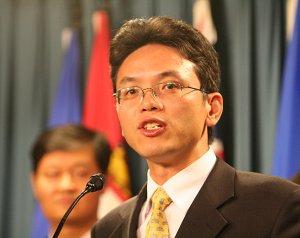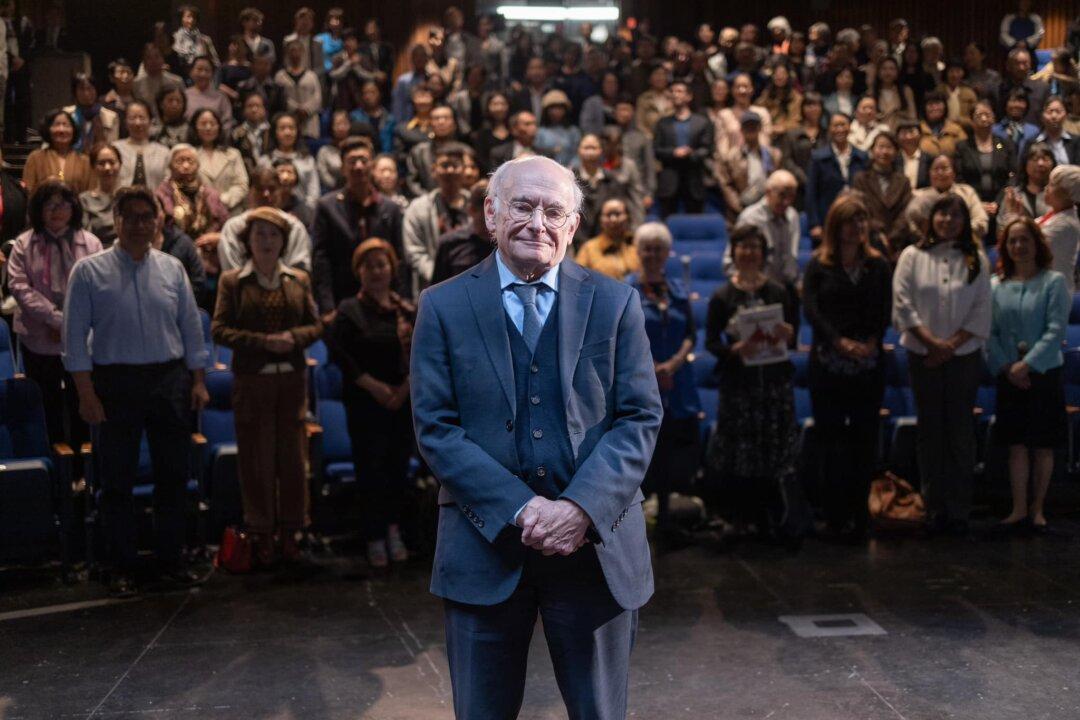Big Brother knows no borders. That was the message Mr. Chen Yonglin brought this week on his first visit to Canada following his high-profile defection from the Chinese consulate in Sydney, Australia two years ago.
Through an in-depth interview and never-before-released documents provided to The Epoch Times, Chen detailed the regime’s efforts to control Chinese-language media overseas, and through student and community groups acting as front organizations, influence western government officials.




